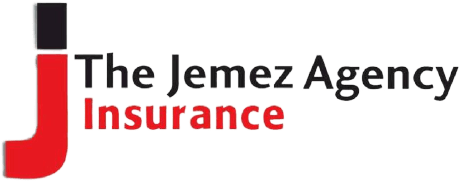You received your annual renewal notice from your home insurer and you’re surprised: Your premiums have gone up.
The truth is, it’s common to see an annual increase in your homeowners insurance premiums, and in many cases, it’s not the result of something you did. In fact, much of it may be totally out of your control.
Has your insurance premium gone up? Here’s what might be behind the increase – and what you can do to help keep your homeowner rates in check.
Reasons Beyond Your Control
Labor and construction material costs have gone up.
A part of your premium is based on how much it would cost to rebuild your property if there were a total loss (such as a fire or other covered catastrophic event that occurred). These reconstruction costs ebb and flow, and they rely heavily on economic factors and market prices of both materials and labor. As these costs rise, insurance carriers adjust your coverage amount to reflect these local factors.
Natural disasters are on the rise or weather has worsened in your area.
Local weather and environmental conditions have a big impact on your premiums. When catastrophes like wildfires, wind or hail are on the rise in your area, it increases the risk to your property, and insurance carriers typically increase rates in tandem. Upticks in damaging weather conditions like hail, wind, tornadoes and hurricanes can also cause a rise in premiums.
Your aging home.
As your property gets older, it becomes more vulnerable to damage and loss. Plumbing, HVAC and electrical systems are typically more liable to break down (or even cause fires or other issues), and structural components like the roof, foundation and other features can be more easily damaged by weather, as well as general wear and tear. As a result, your insurance carrier may increase your premiums to account for these added risks.
Though your home’s aging isn’t something you can slow down, you may want to consider replacing any fixtures or features that are more than 20 years old. When you do so, alert your insurance agent, and it may help reduce your rates.
Even in the best of circumstances, a homeowner faces the possibility of a property loss. The good news is, there are some actions you can take to help protect against some of the most common losses. Further, there are options that may help ensure you get the homeowners insurance rate that works best for you. Here are a few ideas to consider:
- Smart home technology. Smart home devices, such as monitoring systems, have sensors that can alert you to water leaks, sounding smoke alarms, temperature changes in your home, and the opening of doors and windows.
- Higher deductibles. Sometimes, increasing your homeowners deductible can be a helpful way to save money on your homeowners insurance policy. That means that, in the event of a loss, you’ll be responsible for the higher deductible you selected, so be sure you’re comfortable with the amount. Ask your insurance agent to explain your deductible options before you decide what to do.
- Inquire about savings opportunities with your insurance carrier. Whether it’s a multi-policy discount you can get by bundling your homeowners with auto or an umbrella policy, or a savings derived from consistently paying your premium on time, there may be some options to help save you money. It’s worth a phone call to your insurance agent to find out.
As you can see, insurance rates can go up – often in response to items out of your control – environmental changes, the economy and more.

